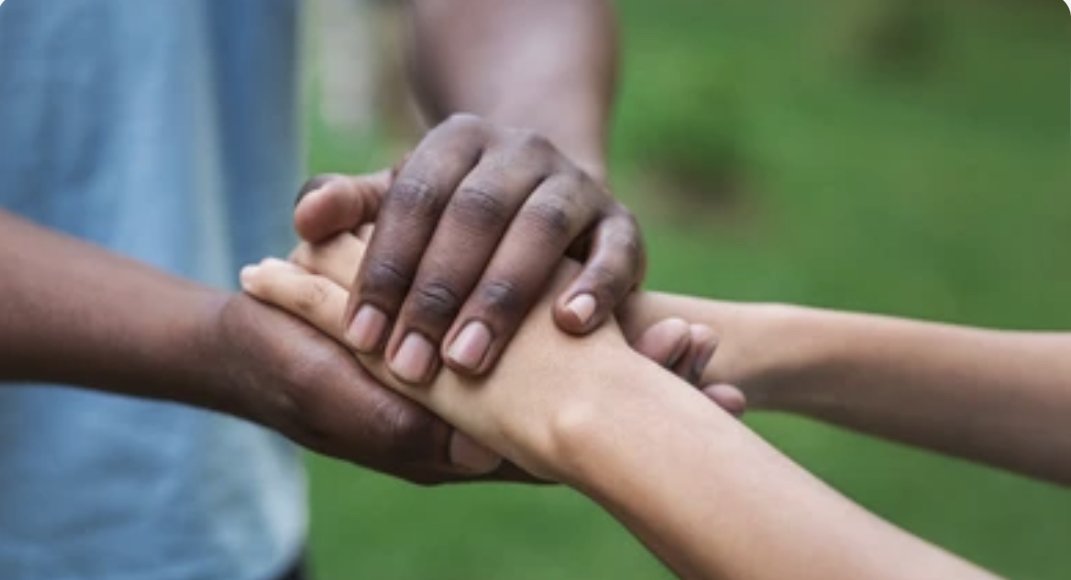An indiscriminate search for the meaning of Philanthropy on any given street in Africa, will most likely solicit a range of answers from vague allusions to a blank stare. But if the question were rephrased as an inquiry into whether these participants were beneficiaries or benefactors of charitable causes within their social circles, an affirmative response would be more likely.
The reason for this is quite obvious: Whereas the concept of philanthropy is traditionally understood as a formal transfer of wealth from the rich to the poor, in Africa, it is peculiarly understood as an obligation on everyone to be their brother’s keeper – the concept of Ubuntu. As such, philanthropy in Africa largely transcends the rigidities of formalized approaches to giving and instead takes on a grassroots approach which flows outward from family to society.
This is not to say that formal structures are wholly alien to African philanthropy. Indeed, a number of African philanthropists such as Aliko Dangote, Patrice Motsepe and Tony Elumelu have supported philanthropic causes by channelling funds through government agencies, foundations and other civil society organizations (CSOs), and they continue to do so through established frameworks within the continent. True to the spirit of Ubuntu, these African philanthropists largely give to causes within their respective countries.
The full extent of the impact of informal charity in Africa may never be ascertained, as an interplay of various factors make data collection in this regard a rather Herculean task. At an informal level, “giving” in many African cultures is a discrete affair and public displays of charity are frowned upon. In addition, many African countries do not give philanthropies tax incentives, and according to a synthesis report by the African Philanthropy Network, even where a country does offer tax incentives to CSOs, the organisation has to apply for tax exempt status and this process is shrouded in layers of bureaucracy.
In other instances, the lack of adequate governmental support for CSOs (under which philanthropies fall) takes on the form of outright hostility, with such entities often being labelled as agents of Western powers hell-bent on subverting their national governments. Consequently, such challenges force these entities to keep their gifts and other financial dealings outside the formal confines.
There is however some empirical data collected by research entities like Bridgespan Group and the African Philanthropy Forum which paints a fine picture of the impact of philanthropy on the continent, and according to their findings, African philanthropists in 2020 gave seven times the annual average of gifts than they did in the last ten years combined, and this was largely in response to the COVID-19 pandemic which worsened inequalities. Such generosity on the part of African philanthropists in the face of crisis is not new, with previous efforts being made in the fight against Ebola in 2014, and cyclone Idai in 2019.
The foregoing research also found that a substantial part of the large gifts made by African philanthropists was channelled towards addressing the drivers of social inequality. This included tackling structural problems such as unemployment, hunger, poverty and issues around access to education and health. From this, it becomes readily apparent that African philanthropy is making its contribution towards social equality on the continent, despite the ongoing narrative.
A number of challenges have prevented African philanthropy from realising its full potential on the continent. Some of these are inherited biases, while others are self-inflicted injuries. To illustrate the element of inherited biases, Angela Odour Lungati, a community builder and technologist, asserts: Read more

